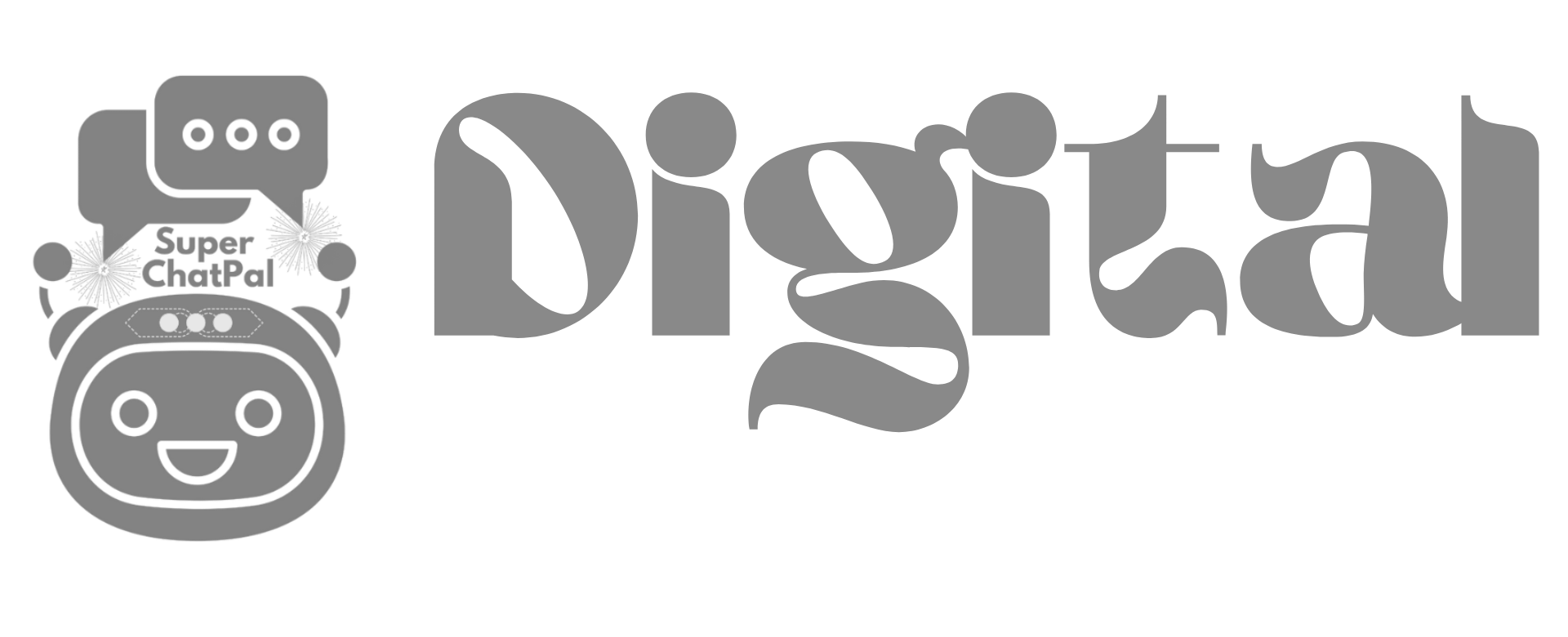Social media marketing on Facebook involves using the platform to promote products, services, or content to a targeted audience. As one of the most popular social media platforms with billions of active users, Facebook offers a vast audience and numerous tools for advertisers to engage with potential customers. Here are some key aspects of Facebook marketing:
- Facebook Pages: Businesses and brands can create dedicated Facebook Pages to represent their identity on the platform. These pages serve as the hub for businesses to share updates, content, and engage with their audience.
- Content Strategy: Having a well-defined content strategy is essential for Facebook marketing success. Businesses should create and share high-quality content, such as articles, images, videos, and infographics, that resonate with their target audience.
- Organic Reach and Paid Reach: Facebook offers both organic and paid reach. Organic reach refers to the number of people who see your content without paid promotion, while paid reach involves using Facebook Ads to reach a wider audience.
- Facebook Ads: Facebook’s advertising platform allows businesses to create targeted ads to reach specific demographics, interests, behaviors, and custom audiences. Ad formats include photo ads, video ads, carousel ads, slideshow ads, and more.
- Ad Targeting: Facebook provides detailed targeting options to ensure ads reach the right audience. Advertisers can target based on demographics, interests, behaviors, location, and even retarget users who have interacted with their website or previous ads.
- Ad Budgeting: Advertisers can set daily or lifetime budgets for their Facebook ad campaigns, giving them control over their spending.
- Facebook Pixel: The Facebook Pixel is a piece of code that can be added to a website to track user interactions, optimize ad delivery, and gather data for better ad targeting and measurement.
- Engagement and Interaction: Engaging with the audience through comments, direct messages, and responding to queries helps build relationships and fosters brand loyalty.
- Facebook Groups: Brands can create or participate in Facebook Groups relevant to their industry or niche, providing a community for like-minded individuals and an additional channel for engagement.
- Analytics and Insights: Facebook provides detailed analytics and insights for both Pages and ads, offering valuable data on post performance, audience demographics, and ad campaign results.
- A/B Testing: Testing different ad variations, content types, or posting schedules can help determine the most effective strategies for engagement and conversion.
Remember that success in Facebook marketing requires a deep understanding of the target audience, consistent content creation, and the ability to adapt and optimize strategies based on performance data. Building a strong presence and fostering meaningful interactions with users can lead to long-term benefits for businesses on the platform.





Leave A Comment